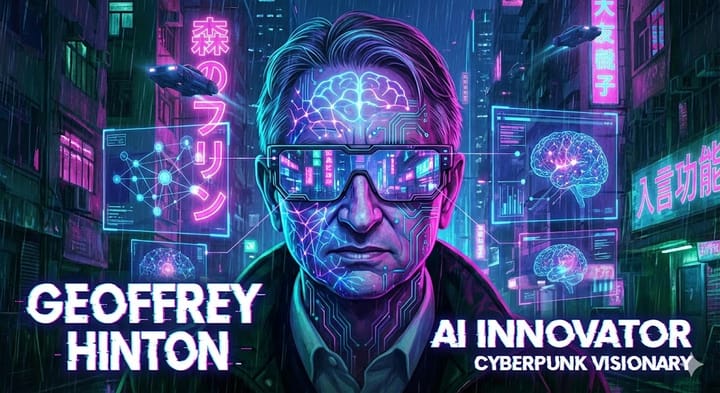The Rise of Autonomous Agents
A new class of technology is emerging, and it is transforming how people work, build, and operate businesses.

What Are Autonomous Agents?
Autonomous agents have moved from experimental prototypes into practical, everyday tools. These systems are software programs that can perceive information, make decisions, and take action with minimal human oversight.
Instead of following predefined scripts, they work toward goals. They can evaluate context, plan steps, and carry out tasks from beginning to end.
This shift from static tools to dynamic agents marks one of the biggest transitions since the move from simple websites to interactive apps.
Why This Shift Is Happening Now
The sudden rise of autonomous agents is driven by rapid progress in artificial intelligence.
Large language models have become capable of understanding human intent more accurately than traditional programming approaches.
Agents can analyze information, write code, coordinate schedules, manage workflows, or interact with other systems in real time.
They also learn from experience, allowing them to improve with every task.
This new intelligence layer changes how productivity and automation look in the digital age.
How Autonomous Agents Transform Business
The impact on business is significant.
A single autonomous agent can often replace entire teams of virtual assistants or manual processes.
This levels the playing field for small companies, creators, and solo entrepreneurs.
You can now deploy a tireless digital worker that handles a wide range of tasks with speed and precision.
Businesses will increasingly use agents for:
- Customer support
- Research and data analysis
- Marketing campaigns
- Content creation and distribution
- Sales pipeline management
- Routine operations
Companies that adopt agents early will move faster and operate leaner than competitors that rely only on human workflows.
The AI Developer That Builds Apps With You.
Lovable is not just another no-code builder. It’s a full-stack AI development partner that writes real code, creates production-ready apps, and collaborates with you like a human developer would, except faster, cheaper, and always available.
Everyday Life Is Changing Too
For consumers, autonomous agents are evolving into genuine personal assistants.
They can manage finances, set reminders, track habits, control smart home devices, and navigate daily life with far more intelligence than older digital tools.
As agents gain more multi modal abilities, they can see, hear, and interact with the world in natural ways.
Before long, an agent might:
- Optimize your home energy use
- Manage your calendar and bookings
- Sort and summarize messages
- Negotiate prices or deals on your behalf
- Monitor your subscriptions and expenses
They are becoming partners in everyday decision making rather than simple tools.
The Risks and Challenges Ahead
With such rapid adoption, important questions arise.
Privacy and security must evolve, since agents operate with significant autonomy and access to personal data.
Over reliance on automation also poses challenges if people begin trusting agents without verifying their decisions.
Society will need:
- Clear standards for agent transparency
- Better security frameworks
- New digital literacy skills for managing intelligent systems
These safeguards will help people use agents effectively while maintaining control and trust.
A Foundational Shift in How Work Gets Done
The rise of autonomous agents is not a momentary trend. It is a long term transformation similar to the industrial revolution, which replaced physical labor with machines.
This time, cognitive labor is being supplemented and amplified by intelligent, goal driven digital systems.
Businesses and individuals who understand this shift and begin integrating agents into their workflows now will shape the next decade of innovation.
Autonomous agents are becoming the invisible workforce of the digital world, and their rise has only just begun.



Comments ()